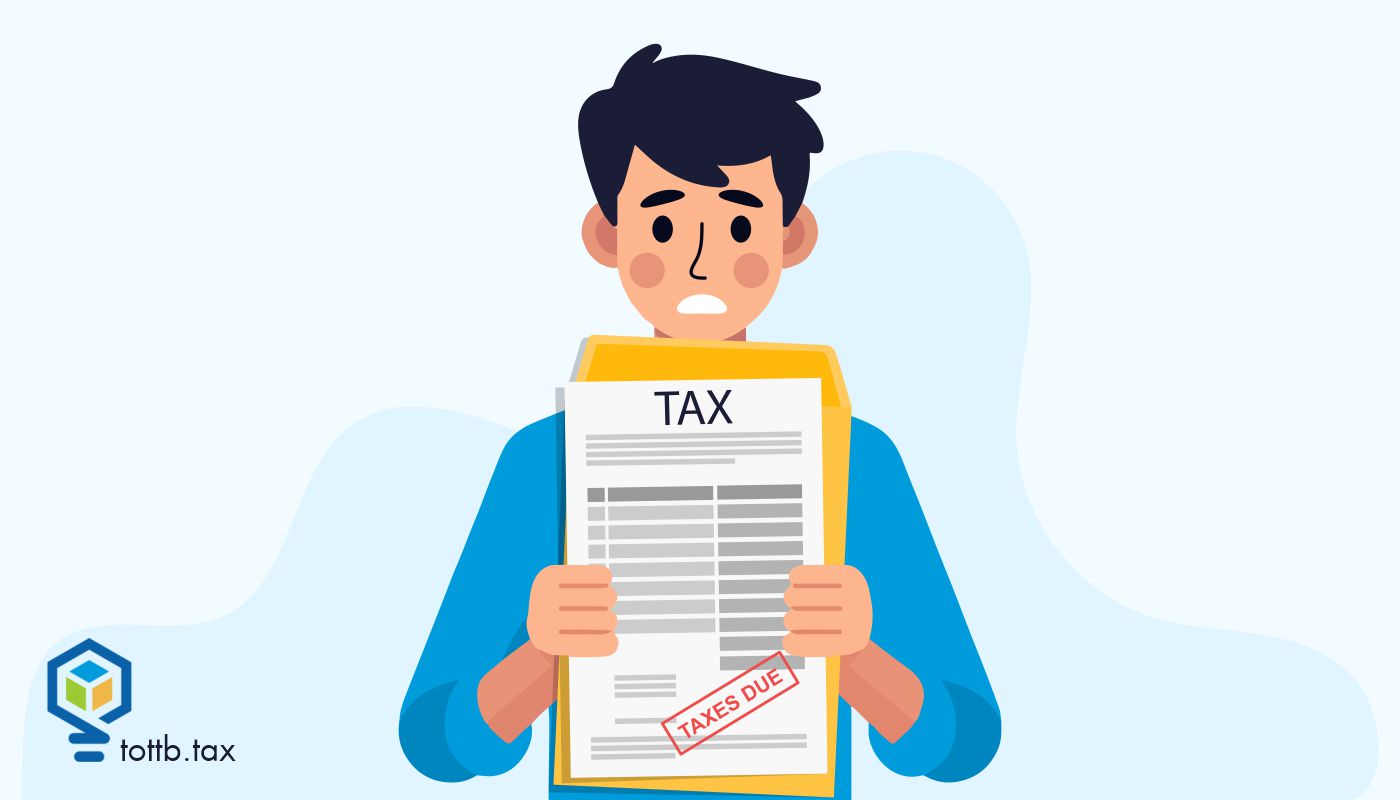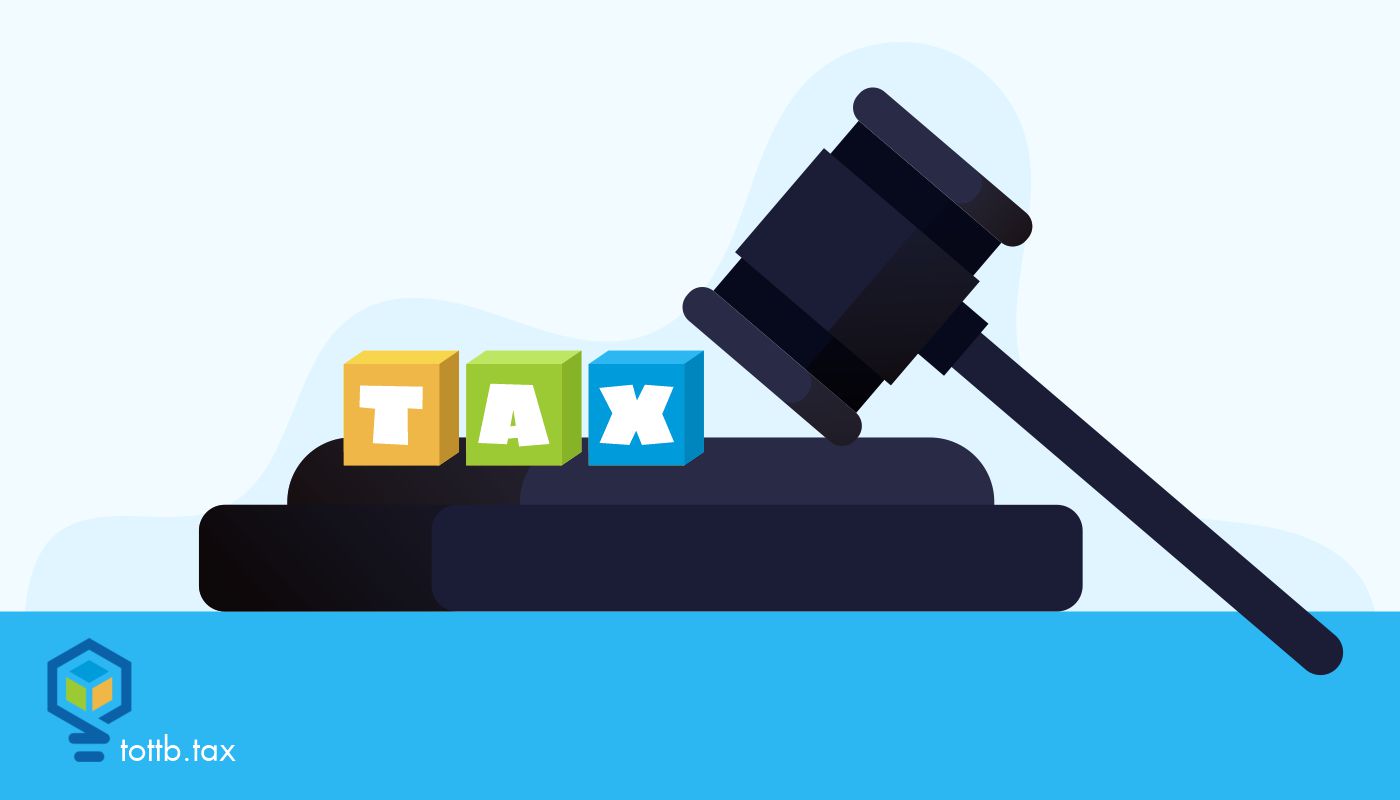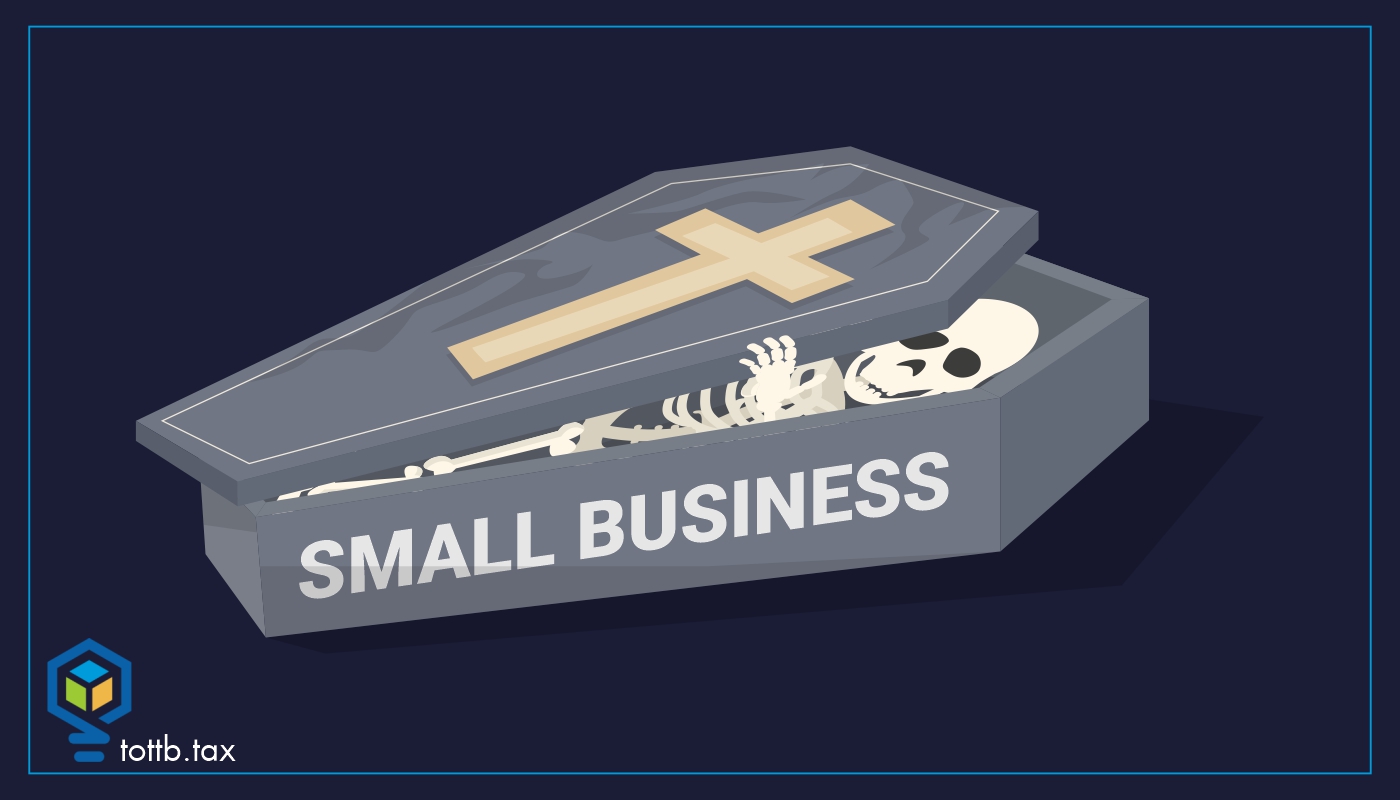Client Alert
Pizza Party in the Metaverse
I love pizza. No, like I really love pizza. I have a pizza tattoo. I’m a member of the Rare Pizzas DAO. It is my go-to meal whenever the question “What’s for dinner?” gets asked. There really isn’t a better combination of cheese and deliciousness in the world. At least not in the flesh and blood “real” world. Loving pizza that much can clearly get oneself into trouble. I just never expected it to be tax trouble. Enter the “metaverse,” although I’m not sure if that is metaphorically or digitally. The metaverse is a term used to describe many digital environments that contain aspects of online gaming, virtual reality, social networking, and cryptocurrency. Generally, a metaverse is a fully immersive digital universe which combines elements of augmented reality, virtual reality, and the internet to create a seamless and interconnected space where users can explore, create, and engage with others in a virtual world. In the metaverse, users control an avatar, which represents the user in the digital universe and functions similar to a video game character. Avatars can be customized and accessorized with clothing and other items represented in the metaverse through NFTs. The metaverse holds the potential for new forms of entertainment, communication, commerce, and social interaction on a global scale. The metaverse economy is based on digital assets, making it possible for taxpayers to engage in a substantial number of taxable transactions without realizing it. And herein lies the crux of our problem.
Read MorePayroll Taxes — The Nail in the Small Business Coffin
“Two men showed up saying they were from the IRS because I hadn’t paid my taxes. It scared me to death. Am I going to jail? Can they do that? I’m scared.” That is what the taxpayer blurted out as soon as I answered my business phone. Now before you say, “Timalyn, no way!” Yes, way! This was February 2020 when the world was still open, and the IRS was wide awake. Revenue officers were still on the phone making calls and showing up to businesses. Since the pandemic, many taxpayers, business owners included, have become lax in taking care of their tax obligations. This is due not only to many small and micro businesses still struggling financially, but also because the IRS has not been as aggressive the past few years. Business owners with employees are in a far more dangerous position if they have not kept up with their taxes. That’s why we’re going to look at one of the worst types of taxes to get behind on, payroll taxes. One of my mentors even refers to them as the “kiss of death” to business owners. The penalties for not paying payroll taxes can bury and put the nail in the coffin of most small businesses. Let me show you how these taxes can be the grim reaper. Let’s start from the top with what payroll taxes are and how the payroll tax penalties work.
Read MoreNOT A MEMBER YET?

SUBSCRIBE TO GET ALL OF OUR
GREAT ARTICLES AND RESOURCES!
CURRENT EDITION

Lessons Learned from the Tax Court: The Root of the Issue
When is a business really a business? As Supreme Court Justice Potter Stewart said in 1964, “I know it when I see it.” The US Tax Court, however, maintains a slightly less subjective standard. The Roots were pretty sure they were running a bona fide business; the IRS, however, didn’t share the sentiment. And since we’re reading about them in a segment called “Lessons Learned,” one should assume it did not go the way the Roots would have liked.

The Lessons From The Supreme Court Zuch Opinion
There is a great scene in the movie On The Basis Of Sex. The actors portraying Ruth Bader Ginsburg and her husband, Martin Ginsberg, a very high-level tax attorney, early in their careers are reading in separate rooms. He comes in with something he wants her to read and she snaps that she doesn’t read Tax Court cases. In that moment she showed her future as a Supreme Court Justice. Not many Tax Court cases reach the Supreme Court. So when one does it’s exciting. And, as it happens, Commissioner of Internal Revenue v Zuch contains some practical lessons worth considering.

Fractional Art Investing Is Real — How To Advise Your Clients On The Tax Consequences
In mid-November a portrait of a young Vietnamese woman by the artist Gustav Klimt, which was part of the estate of the late Leonard Lauder (the cosmetics billionaire), was sold at a Sotheby’s auction for $236.4 million. It set the record for the most expensive work of modern art ever sold at auction according to Bloomberg. That’s probably out of reach for most of our clients. But what if they could join together to buy an interest in the painting with an entity holding the asset? That’s the idea behind the burgeoning fractional art market. While, in general, the art market has been struggling for a few years, the fractional art market has been expanding. According to the website Digital Original, “Fractional art ownership is no longer a niche concept – it’s a growing investment trend that’s accessible, flexible, and supported by cutting-edge technology.” What, you may be asking, does this have to do with taxes? It may be more than you think for your high-net-worth clients. As a trusted advisor it’s important that you are aware of both the types of investment opportunities your clients may be buying into and the tax consequences.



